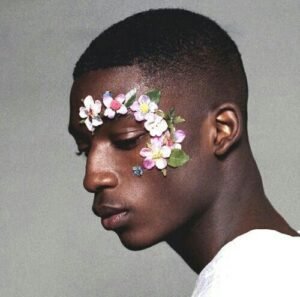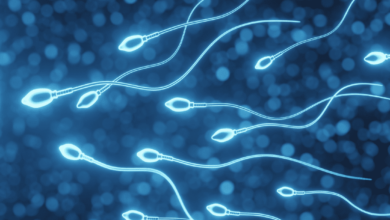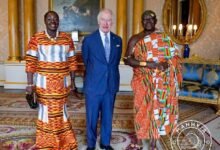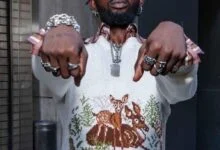Fading Masculinity Concepts in Ghana: 5 Traditions in Transition

As Ghana evolves, societal norms around masculinity are undergoing a significant transformation. Traditional ideals, once seen as cornerstones of male identity, are gradually giving way to modern perspectives. Here’s a look at five masculinity concepts that are fading in contemporary Ghanaian society.
1. The Sole Breadwinner Role
Historically, Ghanaian men were expected to be the primary financial providers. This role was tied to their identity and societal respect. However, the rising cost of living and increased economic opportunities for women have shifted this dynamic. Dual-income households are becoming the norm, with many families relying on combined earnings for financial stability. The concept of men as sole providers is diminishing as both genders share economic responsibilities.
2. Rigid Fatherhood Expectations
Fatherhood in Ghana traditionally emphasized authority and financial support. Emotional involvement and active participation in childcare were often sidelined. Today, there’s a growing expectation for men to be nurturing fathers. This shift is partly influenced by global discussions on parenting and local advocacy for involved fatherhood. Modern fathers are breaking away from rigid roles, embracing a more holistic approach that includes emotional availability.
3. Avoidance of Domestic Responsibilities

Domestic work was once considered solely a woman’s duty, with men rarely engaging in household chores. However, urbanization and education are changing these norms. Younger Ghanaian men, particularly in urban areas, are more likely to share domestic responsibilities, challenging the stereotype that housework diminishes masculinity.
4. Stoicism and Emotional Suppression
The traditional view of masculinity in Ghana discouraged men from expressing vulnerability, promoting stoicism as a marker of strength. Modern mental health awareness campaigns, however, are challenging this narrative. Men are now encouraged to express emotions and seek help when needed, fostering healthier mental and emotional well-being.
5. Hegemonic Leadership in Families
Patriarchal leadership within families, where men made unilateral decisions, is being replaced by more collaborative approaches. Today, joint decision-making in households is becoming increasingly common. Women’s empowerment and education have played significant roles in reshaping family dynamics, promoting a balance of power.
Reflections
The evolution of masculinity in Ghana reflects broader societal changes. While some may resist these shifts, they represent progress towards a more equitable society. By redefining traditional roles, Ghanaian men are embracing a more inclusive and diverse understanding of masculinity, better suited to modern realities.
Peace 🕊️ Campaign Message
“Whitebox Media stands for unity, respect, and harmony as Ghana approaches this critical election. Together, let’s make peace our priority and build a future where every voice is heard, and every life is valued.”
Sources
Bergen Open Research Archive: .
ResearchGate: .
Also Read: Top 10 Degrees With The Most Billionaires















